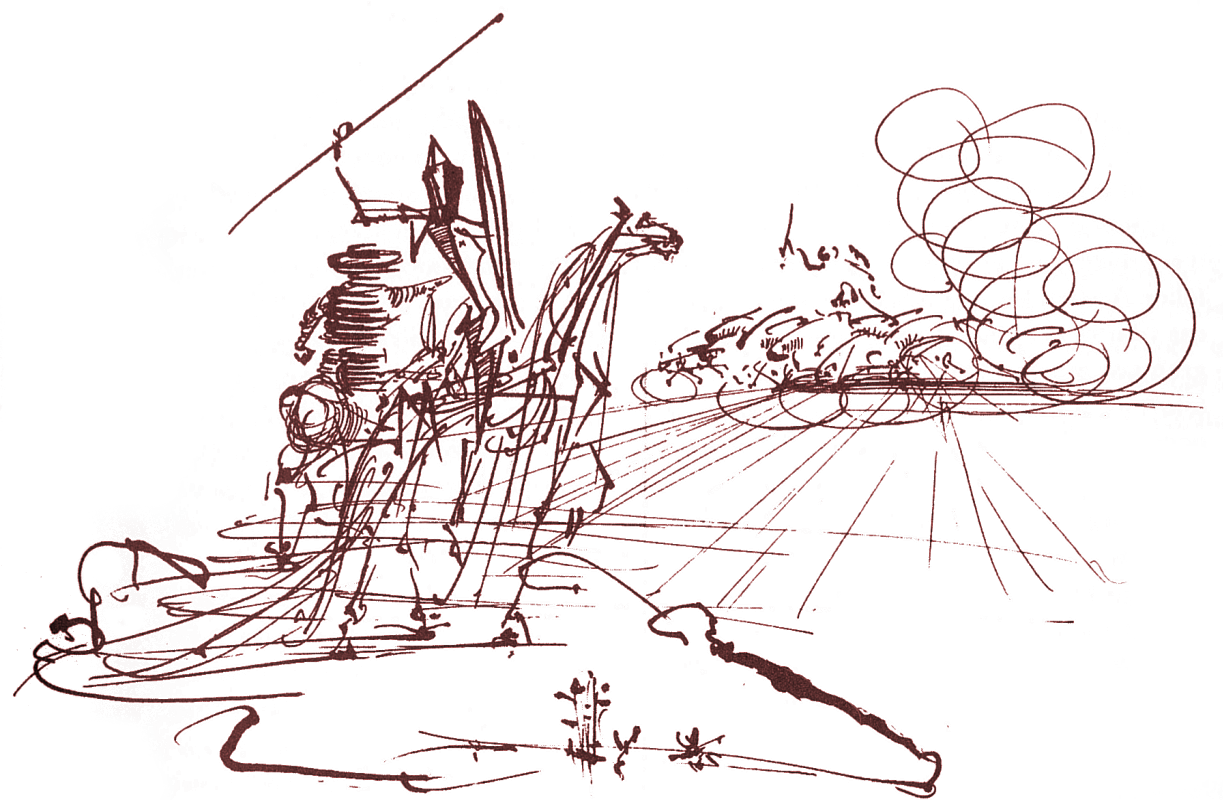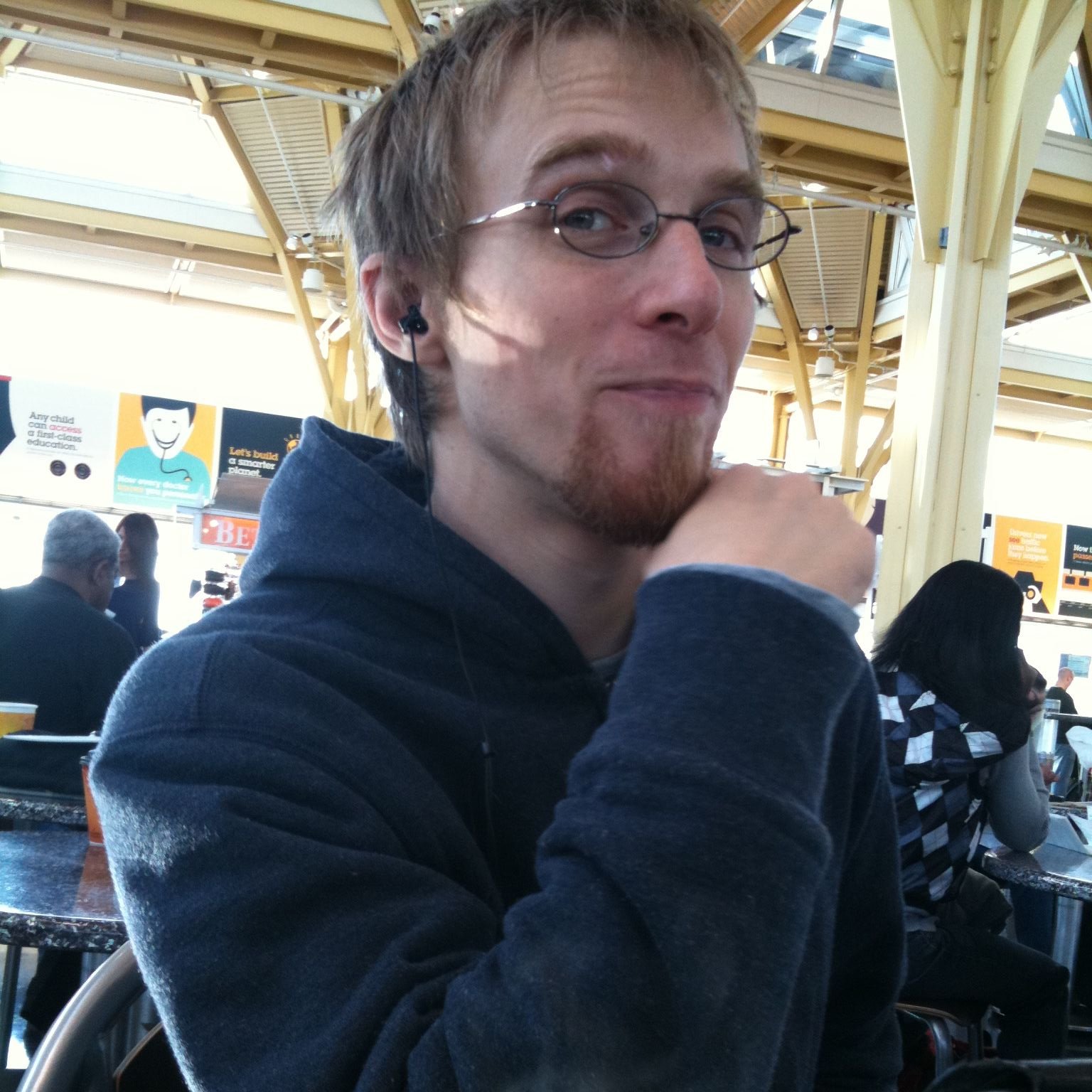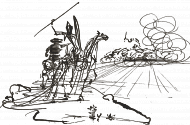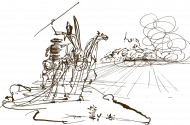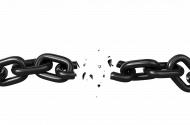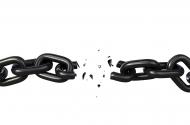Isaiah is an institutional reformer. He's a part of the priestly class. He's a part of the problem.
This is how I feel as a white, middle-class American. I often feel as though my flesh were stamped with the reverse-mark of the Beatitudes. The Beatitudes say, "Blessed are you who are poor, for yours is the kingdom of God (Luke 6:20)." In this world, as a recipient of white privilege, I am not the one that God favors. The Beatitudes set up an alternate community, the ekklesia, that inverts the standards of the world and gives favor to those that the world does not favor. In this world, as a person with white privilege, I am less favored.
In the world of money you can buy anything, and people are valued by systems of oppression that fail to recognize the equality of all. Sexism, racism, classism, and homophobia mark a society that does not value all people equally despite our stated national ideals. These structural biases create not just economic inequality, but real and experienced oppression creates a deeply pervasive feeling of outsider-ness that makes it difficult for folks who have suffered oppression to enter into the beloved community. And what's worse is when the revolutionary communities and our churches reflect our society's worst values.
As the prophet says, we are people of unclean lips, from a society of unclean lips.
In fact, our society's emphasis on money over people has wounded many people, not just queer folks, people of color, and women. Because we value economics over people, because we consider that people should act and look a certain way, many people are de-valued by our society.
You can see when people act out of the wounds they have received from society, but you may have to look closely, because people manifest it in different ways. White men who are excluded often respond with a sense of wounded entitlement, speaking more often or more loudly. Other folks withdraw into silence, or disagree with the direction of groups. Some attempt to exclude others and form cliques. All of these are responses to a world that has ostracized people because it values people for what they do rather than who they are. For we are all children of God and are valuable in our deepest created being regardless of what we do.
How can we fix this?
We must create radically hospitable mixed communities where we can break the social bonds of class, race, and gender to know and love one another deeply. The apostle Paul talks about what happens when a community in resistance to the world's systems commits deeply to upending privilege, "There is no longer Jew or Greek, there is no longer slave or free, there is no longer male and female, for all of you are one in Christ Jesus (Galatians 3:28)."
These communities of resistance must embody what we would like to see from the world. This, in essence is us repenting of the societal and personal sins of oppression and being the change which we want to see.
I believe that we have not gone far enough with this "ekklesia," which is translated, "church." Ekklesia is actually a reference to the Athenian popular democratic assembly, and comes from the roots "to call" and "assembly". It is a popular assembly called out of the whole. But for the church, as we see above, the ekklesia includes people of all races, genders, and economic statuses. It is all the people who choose to do the work, the work Jesus taught us.
It was in the Occupy movement that I began to see what the church could truly be, a community that takes care of all. The Occupy movement was not perfect. It could not create a safe space. Many people were in danger physically or emotionally because we did not take seriously that our society's problems were within us as well as external to us. It's not just about the banks, it's about us, too. But it was a radical space that attempted to embody what I believe ekklesia truly is.
When we are so assembled in love for justice, we are on the road to overcoming interpersonal prejudice, and we also have an economic community that can help those who are oppressors to learn how to be just, and allow those who are oppressed to come into beloved community. Both can find wholeness. But only through the inversion of society's systems of valuation.
The revelation of beloved community in a person's life is so sweeping that it infiltrates your workplace, family, and private thoughts. You decide that you want to change the world for justice. You go forth and act in the world for justice because you know what equality and love look like lived out in community. And that is the responsibility of the transformed society, to work for the transformation of the whole. A transformed society is never finished. It is continually transforming, because we have not yet arrived.
We have great responsibility when we experience wholeness. When we see injustice, partiality, racism in our systems, like the failure to arrest George Zimmerman for the execution of Trayvon Martin, we know we have a responsibility to stand with our brothers and sisters and amplify our voice in the streets, asking for justice. Not the justice of counter-atrocity, but a justice that seeks truth first before a jury of peers and then works for the healing of George Zimmerman himself so that he too can enter the beloved community some day.
Yes, when we are in ekklesia, we realize that our radical, called-out space may stand in resistance to the horrors of racism or any other ism you may care to call out, even isms that the left hasn't yet discovered, and in doing so be a witness to the power of whole community.
And if we fail to do this, the church will become increasingly irrelevant, a shell of an institution that no longer heeds God's call, and others, I can guarantee you, the rocks themselves, even, will answer God's call for the beloved community. And they will make ekklesia together. And God will be with them if they do the work of God.
So I ask myself, and sometimes I don't like my own answers, am I acting from my own experiences of oppression? Am I waiting for others to express themselves in groups, being patient and kind, and valuing those who have been marginalized by society? Am I creating a world that creates extra value in those that most need it, those who have been de-valued by society? Am I following Jesus humbly?
Amen.
